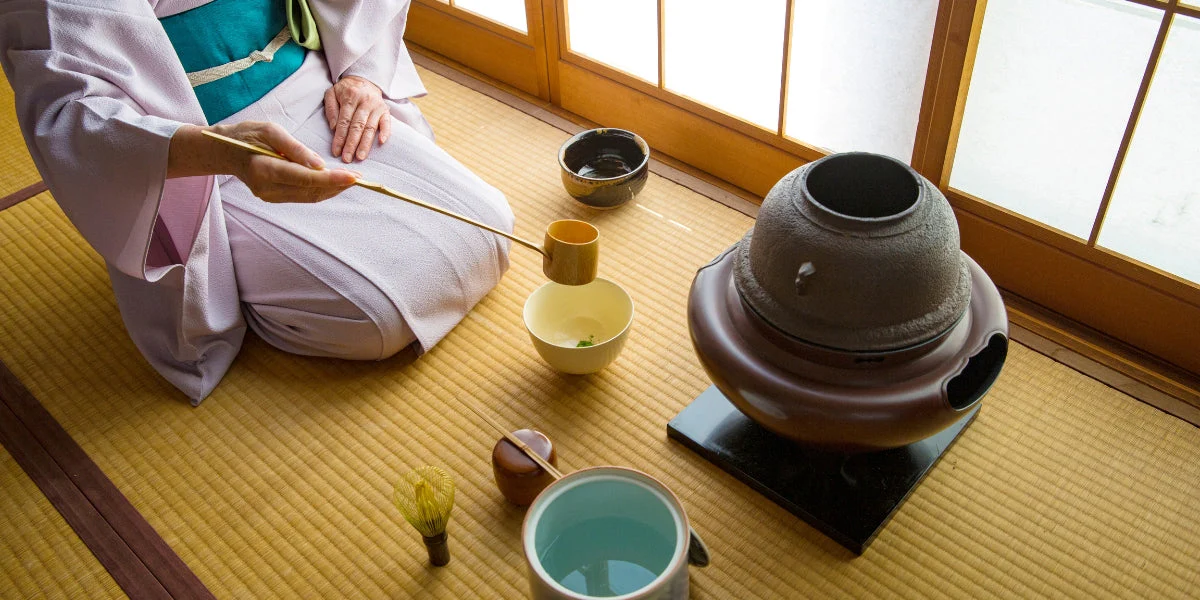pokomde.info – Nyepi, or the Balinese Day of Silence, is one of the most unique cultural and spiritual observances in the world. Celebrated mainly on the island of Bali, Indonesia, Nyepi marks the Hindu New Year and is part of the broader Saka New Year festival. Unlike most New Year celebrations filled with noise, fireworks, and parties, Nyepi is dedicated to silence, introspection, and self-purification.
This sacred day focuses on meditation and reflection, highlighting Bali’s deeply spiritual culture. In this article, we will explore the significance, traditions, and cultural importance of Nyepi, offering insight into this extraordinary celebration.
The Origins and Meaning of Nyepi
Nyepi comes from the Balinese word “sepi,” which means silent or quiet. The holiday is observed according to the Balinese Saka Calendar, usually falling in March or April. The main purpose of Nyepi is to cleanse the island of negative forces and reset spiritually, allowing individuals to start the new year with renewed purpose and clarity.
According to Hindu beliefs, silence and inactivity trick evil spirits into thinking that Bali is deserted. As a result, these spirits pass by without causing harm to the island or its inhabitants. Nyepi is also a time for self-reflection, where individuals contemplate their actions and focus on achieving harmony with nature and each other.
Key Rituals Leading Up to Nyepi
Nyepi is not just about the day of silence; it is preceded by important rituals that prepare both the island and its people for the new year. Here are some key ceremonies:
1. Melasti Ritual
A few days before Nyepi, Balinese Hindus perform the Melasti ceremony. This purification ritual typically takes place at the beach or other bodies of water. The Balinese believe that water has the power to cleanse both physical and spiritual impurities. During Melasti, holy symbols and sacred objects from temples are carried in long processions to the sea for ceremonial washing. This ritual purifies the island and prepares it for the new year.
2. Tawur Kesanga (Ogoh-Ogoh Parade)
On the eve of Nyepi, the most spectacular event occurs: the Tawur Kesanga, featuring the famous Ogoh-Ogoh parade. Ogoh-Ogoh are giant demonic effigies, often grotesque and colorful, made from bamboo and paper-mâché. These figures represent evil spirits, negative energy, and impurities.
The effigies are paraded through the streets with traditional gamelan music and loud noises to scare away evil forces. After the parade, the Ogoh-Ogoh are ceremoniously burned to symbolize purification and the destruction of negativity. This cleansing ritual sets the stage for the stillness and quiet of Nyepi, allowing the island to start the new year positively.
The Rules of Nyepi: A Day of Complete Silence
On Nyepi Day, Bali comes to a complete standstill for 24 hours. The observance begins at 6:00 AM and ends at 6:00 AM the following day. During this time, strict rules are followed by Balinese Hindus, and the entire island respects these rules:
- Amati Geni – No fire or lights. Lighting fires, turning on lamps, or using electricity is prohibited. Homes must remain dark or dimly lit.
- Amati Karya – No work or physical activity. Businesses and shops are closed, and people are not allowed to engage in any form of labor.
- Amati Lelungan – No travel. The streets are completely empty, as no one is allowed to leave their homes. Even Ngurah Rai International Airport in Bali shuts down for the day, making it one of the few airports in the world to close for a religious event.
- Amati Lelanguan – No entertainment or pleasure. The use of technology, music, and entertainment is forbidden, encouraging people to focus on spiritual reflection.
Even tourists and non-Hindus on the island are expected to observe these rules, respecting the quiet and calm of Nyepi. Hotels typically inform guests about the restrictions, and although tourists are not required to fast or pray, they should stay within their accommodations and avoid using lights or making noise.
The only people allowed outdoors during Nyepi are the Pecalang, traditional Balinese security officers who patrol the streets to ensure everyone adheres to the rules. The complete stillness of Nyepi creates a surreal and peaceful atmosphere across Bali, offering a stark contrast to the island’s usually lively and bustling environment.
The Day After Nyepi: Ngembak Geni
The day following Nyepi is called Ngembak Geni, meaning “the day when the fire is reignited.” After 24 hours of silence and reflection, the island comes back to life. This day is marked by forgiveness and reconciliation. Families and communities come together to seek and grant forgiveness for past wrongs, fostering a spirit of renewal and unity.
Ngembak Geni is also a time to visit friends and relatives, as people gather to celebrate the new year with a renewed sense of purpose and harmony. Traditional food and joyful activities follow the solemn silence, creating a beautiful balance between introspection and celebration.
Nyepi in Modern Times
In today’s fast-paced world, where noise and distractions are everywhere, Nyepi offers a rare opportunity to disconnect and focus inward. Even for tourists, Nyepi can be a transformative experience—a chance to slow down, embrace silence, and reflect on one’s life and priorities.
While some modern elements have been integrated into Nyepi celebrations, such as digital Ogoh-Ogoh creations and social media awareness campaigns, the core principles of the day remain unchanged. It continues to be a deeply spiritual and reflective holiday that emphasizes peace, balance, and purification.
Conclusion: Nyepi as a Unique Cultural and Spiritual Experience
Nyepi, the Balinese Day of Silence, is more than just a holiday. It is a profound cultural and spiritual practice that allows individuals to pause, reflect, and renew themselves for the coming year. With its unique traditions, such as the Ogoh-Ogoh parade and the day of silence, Nyepi offers a glimpse into Bali’s rich Hindu culture and its philosophy of achieving balance between the material and spiritual worlds.
For both locals and visitors, Nyepi provides a rare moment of peace, encouraging everyone to embrace inner calm and start the new year with a fresh perspective.








